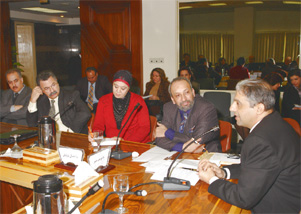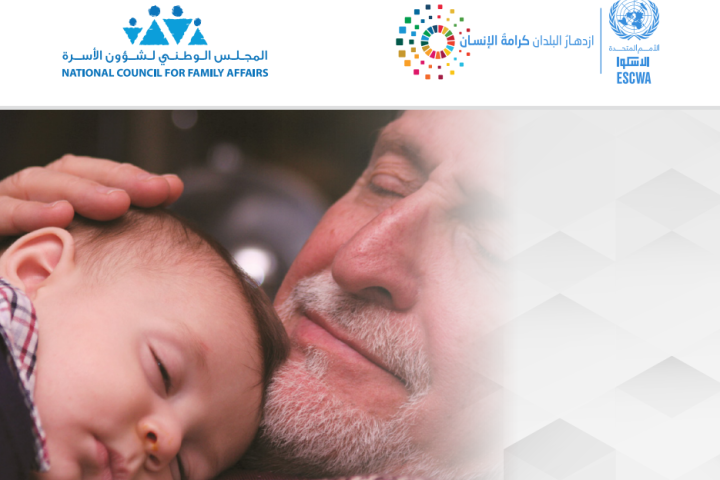The lack of a comprehensive comparable set of information and communication technology (ICT) indicators at the national, regional or global level poses a major obstacle to strategic decision-making that aims at the development of the information society, particularly in relation to formulating ICT policies, allocating resources, monitoring progress, and evaluating impact. In this framework, the "Partnership on Measuring ICT for Development" developed a list of core ICT indicators through an intensive global stocktaking process, allowing all countries to adopt it and start collecting relevant data. Within this context, UN-ESCWA organized, in cooperation with UNESCO Institute for Statistics (UIS), UN Department of Economic and Social Affairs of the United Nations (DESA), and the Information and Decision Support Center (IDSC) of the Egyptian Cabinet, an Expert Group Meeting (EGM) on "Information and Communication Technology Indicators Adoption and Data Collection: ICT Indicators in Education & E-government" in Cairo from 13 to 15 February 2007. The EGM focused on developing and adopting new core indicators in the fields of literacy and E-government; as well as fostering the collection of data in Western Asia and the Arab region.
Participants followed-up on the outcomes of the Geneva and Tunis phases of the World Summit on the Information Society (WSIS), and on previous efforts by UN-ESCWA, UIS, and other members of the Partnership, in the area of capacity-building for measuring the information society. Participants also focused on the outcomes of the workshop on "Capacity-building in Information Society Measurement: Core Indicators, Statistics, and Data Collection" and the session on "ICT Indicators in Education and E-government" that were previously organized by UN-ESCWA.
The EGM was attended by decision makers, ICT experts, statisticians, and researchers in the field of ICT in education and E-government, from UN-ESCWA, Arab countries, regional and international organizations, and academic and research institutions.




